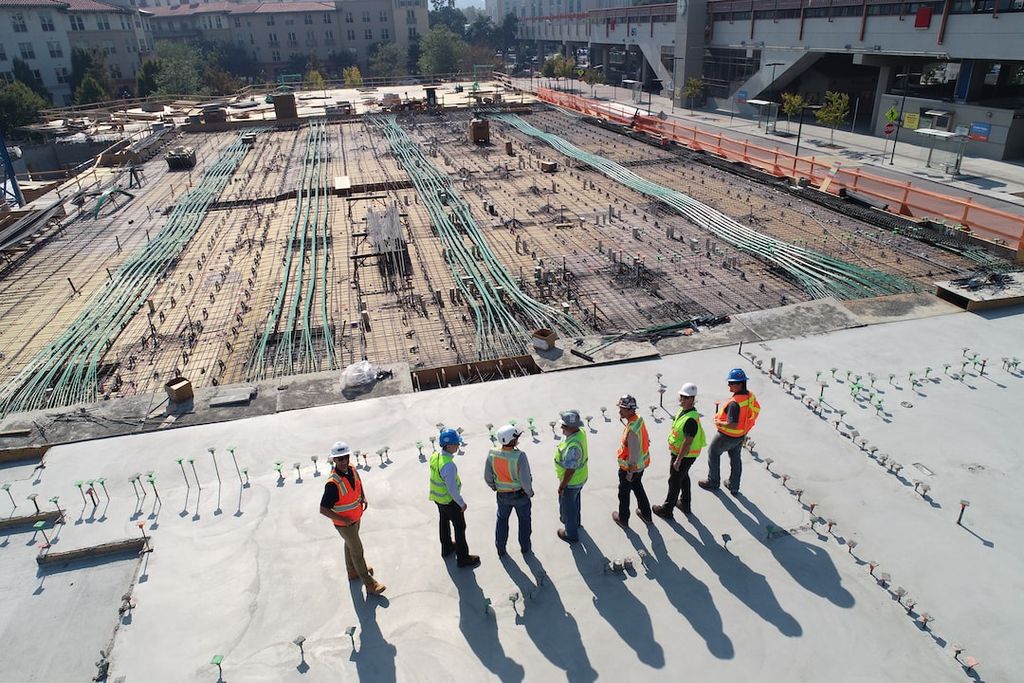Residential construction debt is a critical aspect of the construction industry. When payment fails in residential construction projects, it can have significant consequences for both the parties involved and the overall project. Understanding the basics of residential construction debt and the common causes of payment failure is essential for contractors, subcontractors, and homeowners. This article explores the legal consequences of failing to pay residential construction debt and provides strategies for managing and avoiding payment failure in residential construction projects.
Key Takeaways
- Residential construction debt is a crucial aspect of the construction industry and can have significant consequences when payment fails.
- Understanding the basics of residential construction debt is essential for contractors, subcontractors, and homeowners.
- Common causes of payment failure in residential construction include financial issues, disputes, and contract breaches.
- Failing to pay residential construction debt can result in legal consequences such as liens, lawsuits, and damage to reputation.
- Strategies for avoiding payment failure in residential construction include thorough contract review, clear communication, and timely payment.
Understanding Residential Construction Debt
The Basics of Residential Construction Debt
Residential construction debt is a common financial challenge in the construction industry. It refers to the unpaid amounts owed by homeowners or developers to contractors and suppliers for the construction of residential properties.
Common Causes of Payment Failure in Residential Construction
Payment failure in residential construction can occur due to various reasons. It is important to understand these causes to prevent potential issues. Some common causes include:
- Unforeseen financial difficulties: Sudden financial challenges can make it difficult for homeowners to meet their payment obligations.
- Disputes over work quality: If there are disagreements regarding the quality of work performed, it can lead to payment disputes.
- Contractor insolvency: If the contractor becomes insolvent or goes out of business, it can result in payment failure.
- Delays in project completion: If the construction project experiences significant delays, it can impact the payment schedule.
- Lack of communication: Poor communication between the homeowner and the contractor can lead to misunderstandings and payment issues.
- Disputes over change orders: Changes to the original scope of work can cause disagreements and payment delays.
Legal Consequences of Failing to Pay Residential Construction Debt
Failing to pay residential construction debt can have serious legal repercussions. It is important to understand the potential consequences to avoid further complications. Here are some key points to consider:
Managing Residential Construction Debt
Strategies for Avoiding Payment Failure in Residential Construction
To avoid payment failure in residential construction, it is important to take proactive measures. Here are some key strategies to consider:
Negotiating Payment Terms in Residential Construction Contracts
When negotiating payment terms in residential construction contracts, it is important to consider the specific needs and requirements of both parties involved. Clear and detailed payment terms can help prevent disputes and ensure timely payment. Here are some key points to keep in mind:
- Clearly define the scope of work and payment milestones.
- Specify the payment schedule, including due dates and acceptable payment methods.
- Include provisions for change orders or additional work.
- Consider including a retention clause to withhold a percentage of the payment until the project is completed.
Negotiating payment terms in residential construction contracts requires open communication and a thorough understanding of the project scope and requirements. By establishing clear and fair payment terms, both parties can minimize the risk of payment failure and maintain a positive working relationship.
Managing Residential Construction Debt is a crucial aspect of any construction project. It involves effectively managing and minimizing debt to ensure the financial stability and success of the project. At Debt Collectors International Store, we understand the challenges that come with managing construction debt. Our team of experts specializes in providing debt collection solutions made simple. Whether you need assistance with debt recovery, negotiation, or legal support, we have the expertise to help. Visit our website today to learn more about our services and how we can help you manage your residential construction debt effectively.
Frequently Asked Questions
What is residential construction debt?
Residential construction debt refers to the amount of money owed by a homeowner to a contractor or construction company for services rendered in building or renovating a residential property.
What are the common causes of payment failure in residential construction?
Payment failure in residential construction can be caused by various factors such as financial difficulties faced by the homeowner, disputes over the quality or completion of work, or disagreements regarding payment terms.
What are the legal consequences of failing to pay residential construction debt?
Failing to pay residential construction debt can lead to legal actions such as lawsuits, liens on the property, damage to credit scores, and potential foreclosure proceedings.
What strategies can be used to avoid payment failure in residential construction?
To avoid payment failure in residential construction, homeowners can ensure they have a clear and detailed contract, regularly communicate with the contractor, monitor the progress of the project, and maintain a contingency fund for unexpected expenses.
How can payment terms be negotiated in residential construction contracts?
Payment terms in residential construction contracts can be negotiated by discussing and reaching an agreement on the schedule of payments, the method of payment, and any penalties or incentives for early or late payments.
What should homeowners do if they are unable to pay their residential construction debt?
If homeowners are unable to pay their residential construction debt, it is important to communicate with the contractor or construction company as soon as possible to discuss alternative payment arrangements or seek professional advice on potential solutions.





